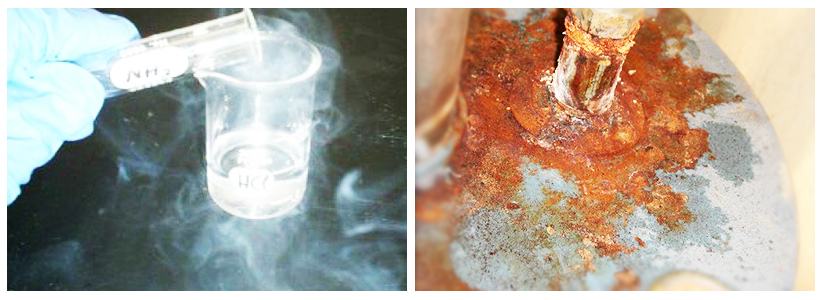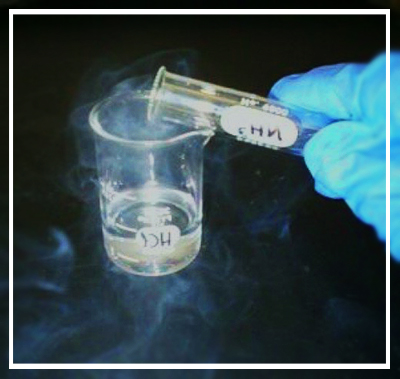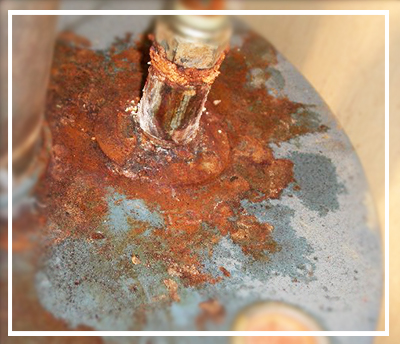
The useful life of your hot water heater is dependent on how well it is maintained. Having regular checks on the unit is just one of the most effective ways to identify problems at an early stage. In an ideal situation, a hot water heater is estimated to last for 8-12 years. But this is dependent on various factors with proper maintenance topping the list. Sometimes, your hot water system’s lifespan might end during the guarantee. But do you know what could have wrecked the unit in such a short time? Several factors can wreck your water heater prematurely. Some are obvious and while others are insidious.
Factors That Can Wreck Your Hot Water System
Sediment Build-Up
Once the water flows in the tank, the sediments start to settle at the bottom. With time there is a sediment build up in the tank. The build-up may increase to the extent of insulating the water heater anodes. As time goes by, the anodes are eaten and burn away. This causes the whole system stops to function. Sediment build up also causes the bottom to experience excessive heat. In gas water heaters there is a protective glass lining that melts away with the extreme heat.
Corrosive Fumes
 Many people might not be aware that corrosive fumes can destroy their water heaters. However, this is one of the causes of water heater damages. Bleaching fumes, acids and any other device that produces reactive gas should be far away from the heater. Take a battery with acid for an example. The acid reacts with the electrodes to release gas. If this gas is drawn into the water heater through the burner, it reacts with the water inside. The mixture reacts with the electrode anodes where it destroys them. The corrosive mixture also reacts with the internal lining, and this may cause leakages and damage of the whole system. Products that release ammonia gas should also be kept far away from the water heater as they will cause the same problem mentioned above.
Many people might not be aware that corrosive fumes can destroy their water heaters. However, this is one of the causes of water heater damages. Bleaching fumes, acids and any other device that produces reactive gas should be far away from the heater. Take a battery with acid for an example. The acid reacts with the electrodes to release gas. If this gas is drawn into the water heater through the burner, it reacts with the water inside. The mixture reacts with the electrode anodes where it destroys them. The corrosive mixture also reacts with the internal lining, and this may cause leakages and damage of the whole system. Products that release ammonia gas should also be kept far away from the water heater as they will cause the same problem mentioned above.
High Water Pressure
This is a silent killer that many would never suspect. High water pressure that exceeds 80 psi or the maximum rating depending on your water heater can cause a lot of damage. The pressure can even cause bursting of water pipes and other appliances. Always ensure that before you connect water pipes, install a pressure reducing valve and an expansion tank if you can. Expansion tank absorbs the excessive pressure when there is a thermal expansion as a result of heaters firing up in the closed system.
Neglect
This can be termed as the main killer of water heaters. Most homeowners install and as long as they are getting hot water into their home, they are fine. They do not bother to check the condition of the water heater system. Neglecting your water heater is the first step to killing it. It is important to note that water heater will always have some emerging problems such as leaking valves a few months down after being installed. If these small problems are not checked on time, they will definitely accelerate the rate of wear and tear.
Internal Rust
 Inside the water heater system, there are sacrificial anodes. These are installed inside to protect the inside of the water heaters from rusting. As the name suggests, they are, sacrificed in order to save the water heater. If one neglects the system and does not check it, the sacrificial anodes are eaten up and disappear. This makes your tank to be prone to rust. With time if you don’t install other sacrificial anodes, the tank starts to rust and eventually it starts leaking. Rust also brings lots of impurities in your water. Always ensure that you have sacrificial water heaters and in good conditions all time to make sure that your tank does not rust.
Inside the water heater system, there are sacrificial anodes. These are installed inside to protect the inside of the water heaters from rusting. As the name suggests, they are, sacrificed in order to save the water heater. If one neglects the system and does not check it, the sacrificial anodes are eaten up and disappear. This makes your tank to be prone to rust. With time if you don’t install other sacrificial anodes, the tank starts to rust and eventually it starts leaking. Rust also brings lots of impurities in your water. Always ensure that you have sacrificial water heaters and in good conditions all time to make sure that your tank does not rust.
Transient Current
This is the current that comes from other sources besides the one that you are using. Lightening causes this kind of current. Once it strikes the pipe the current can flow to the tank. This can result in corrosion to the piping, and also to the water heater. To avoid this, copper wires are connected to the incoming and the outgoing piping. The wire is then connected to the ground or the grounding system of the electricity. The current from the lightening is grounded thus preventing your water heater and the piping from corrosion.
Leaking Unions and The Flex Lines
All the fitting including the flex and leaking unions in a water heater should be thoroughly checked and be tightened again. As time goes the rubber washers at the joints tend to shrink. This is the root cause of leaking. Leaking unions causes the system to start rusting from outside to the inside of the tank. This will cause serious damages to the system and possibly increase wear and tear. It is important to have these leaks stopped before it’s too late.
Improper Sizing
Improper sizing is another cause of water heater to get damaged very quickly. Purchasing a small water heater to serve very many areas will make it run continuously making it get damaged within very short time. Proper sizing is dictated by the number of appliances, bathrooms and also the number of the people that will use the water. The number of times you want to use the water heater also dictates the size you should buy. Here you can contact a professional water heater installer to value the size of the water heater you require.
